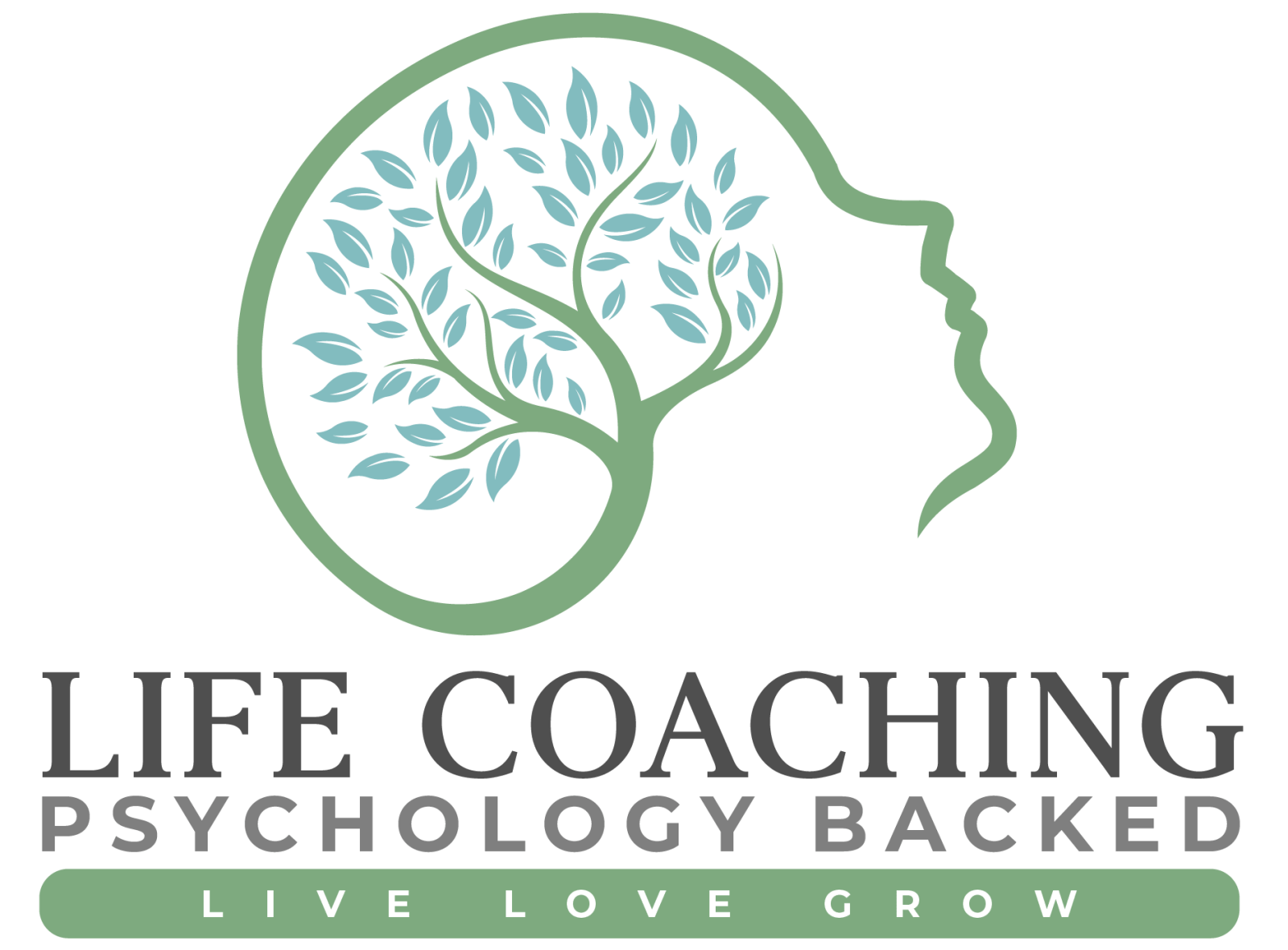Dating as a young adult today can feel like walking a tightrope. It is the time you are trying to balance cultural expectations with emotional needs, personal growth, and often, uncertainty. Being someone who provides life coaching for young adults, I’ve seen this firsthand in my work with clients across the world, and I’ve felt it personally too.
There are glossy Instagram relationships to the pressure to “find your person” by a certain age. It is no wonder dating as a young adult can be overwhelming or make you feek like you’re falling behind. If that sounds familiar, I want to start by telling you something important: you are not alone, and you are not doing it wrong.
This blog isn’t about rules or checklists. It’s about honest conversation. I’m here to help you see through the noise along with reconnecting with your values and understanding what real love actually looks like in this complex world. I hope what follows feels like guidance from a trusted friend because that’s exactly the kind of support you deserve.
Culture's Lies vs. Real Love
This section explores the myths and media messages that shape how young adults think about love. Along with that, I talk about how those ideas can sometimes lead us away from what’s real, healthy, and emotionally fulfilling.

Culture Glorifies the Beginning, Not the Becoming
Movies, TikToks, and Instagram stories love to spotlight the start of a romance. The spark, the chemistry, the “meet cute” moments. But real love isn’t not at all about how it begins, it’s about what it becomes. Culture rarely shows the slow. It would not glorify the steady and sometimes uncomfortable process of building emotional intimacy, communicating through misunderstandings, or supporting each other through difficult seasons.
When I take life coaching for young adults I empahsize on the fact that real love often starts quietly. It’s not always butterflies and poetic text messages; sometimes, it’s awkward silences. It is all the more about slowly learning each other’s rhythms, and growing at different paces. Culture teaches us to chase sparks, but real love grows in the commitment to stay when things get hard, not just when things feel good.
You’re Not Behind if You Haven’t Figured Love Out Yet
In today’s world, especially in the western countries, there’s a pervasive belief that your late teens and early twenties should be a time when you “figure it all out.” Career, friendships, self-identity and of course, relationships. The pressure is real. But here’s the truth: you’re not late to love.
Dating as a young adult is often experimental. It’s a season of learning. In youth coaching I tell my clients that you are supposed to discover what you value, what you want, what you can and cannot compromise on. Some people meet their lifelong partner at 21; others meet them at 31. The timing isn’t a sign of success or failure. Give yourself permission to grow before you decide who to grow with. It’s okay to not have it all figured out yet most of us don’t.

Hookup Culture Isn’t Always Empowering, Even If Everyone Acts Like It Is
Let’s talk about hookup culture. It’s often marketed as liberating, and in some contexts, it can be. As a personal development life coach it is my duty to tell you that it is not inherently empowering just because it’s common. Many young adults find themselves engaging in casual encounters not out of desire, but out of pressure. They are experiencing loneliness, or a fear of missing out.
Cultural narratives often praise emotional detachment as strength. But emotional honesty is stronger. If you want commitment, vulnerability, or deeper connection, there is no shame in that. Your needs are valid. It’s not weak to desire something meaningful, it’s actually pretty brave.
Building a Healthy Foundation
Let’s talk about what truly builds long-lasting, nurturing relationships. This section looks at how we can ground ourselves emotionally before and during dating so we’re not just finding love, but building it wisely.
Love Isn’t Meant to Complete You, It’s Meant to Complement You
The myth of the “missing piece” is still alive and well in the media. Young adults are often led to believe that love is supposed to fill a void. It is supposed to fix brokenness, or make life suddenly meaningful. But when we expect another person to make us whole, we create impossible standards and unstable relationships.
Real love is two whole people choosing to walk alongside each other. That means the real work of dating starts with you. You need to know and understand yourself. You should nurture your growth. This journey of self-awareness doesn’t mean you have to be perfect; it means you’re becoming and that’s more than enough.
Boundaries Are Not Barriers; They Are Bridges
One thing culture fails to teach young adults and I focus on in my youth coaching is the importance of boundaries. Boundaries do not shut people out. They define what kind of relationship you want to invite in. This includes emotional, physical, digital, and even spiritual boundaries.

In the US and UK alike, there’s a romanticized idea that love should be all-consuming. That if someone really cares, they’ll “break down your walls” or “fight for you” no matter the cost. But healthy love respects limits. It asks, listens, and adjusts. Setting boundaries is an act of self-respect and a foundation for mutual care.
Comparison is the Thief of Real Connection
With the rise of social media, it’s easy for young adults to measure their relationships against polished online portrayals. It’s tempting to feel like everyone else is happier. They are more stable, or further ahead in love. But most people are only posting their highlights. They are not sharing their hard conversations, moments of doubt, or silent struggles.
If you’ve ever scrolled through your feed and felt inadequate, you’re not alone. But here’s the truth: Real connection doesn’t need an audience, it needs authenticity. The healthiest relationships aren’t always the ones that look perfect. They are the ones where both people feel safe. They should feel seen, and supported.
Learning to Love and Be Loved
This part is about how we receive and express love. We will be discussing and recognizing emotional red flags. We will also be learning to practice self-respect and healthy vulnerability. Here onwards it’s about building awareness that transforms how we experience relationships.
Red Flags Are Real, And So Are Green Flags
Culture talks a lot about red flags now, and that’s a good thing. But sometimes, in our hyperawareness, we become cynical. When we talk of real love, there is a misconception that there won’t be conflict or imperfection. It means knowing how to discern what is unhealthy versus what is simply human.
Young adults should be equipped not just to spot red flags like manipulation or emotional unavailability, but also to recognize green flags. They should see kindness under pressure, honest apologies, consistent actions, shared values, and respect for your boundaries. Recognizing the good is just as vital as identifying the harmful.
You Teach People How to Love You
One of the most empowering truths in my life coaching for young adults I share with my clients is this: you teach people how to love you by the way you love yourself. If you constantly self-abandon, accept less, or silence your voice, you normalize that treatment.
But when you hold space for your needs, speak up about your values, and walk away from relationships that dim your light, you send a powerful message: “This is how I deserve to be loved.”
You don’t have to earn love by shrinking. The right person will rise to meet you where you stand in your wholeness, in your truth.

In Closing: Let Love Be a Chapter, Not the Whole Story
Before we wrap up, I want to remind you that your value isn’t tied to your relationship status. This final section ties everything together with a gentle encouragement to live fully, whether or not you’re in love right now.
As a young adult, your life is not defined by your relationship status. Dating is a part of your story, not the whole book. And real love, the kind that nurtures growth, offers safety, and invites vulnerability takes time, intention, and self-awareness.
If you’re navigating love and feeling confused, you’re not alone and you’re not broken. You’re learning, evolving, and doing your best with the tools you have. Culture may offer noise, but you get to choose what to listen to.
You are allowed to want more than a highlight reel romance. You are worthy of a connection rooted in reality, not fantasy. And if you’re still figuring it out? That doesn’t make you behind. That makes you beautifully, wonderfully human.
Trust your gut. Honor your values. And remember: in love, as in life, you set the standard. Let it be high, let it be kind, and let it be yours.
And If you still need help, you feel free to reach out to me for life coaching for young adults, anytime.
—Nermine
Frequently Asked Questions
Is it normal to feel confused about dating in my early 20s?
Absolutely. Dating as a young adult is full of learning curves. You’re figuring out who you are, what you want, and how to communicate it all while navigating cultural expectations and social pressure. Confusion is not a sign of failure; it’s a part of growth.
How do I know if I’m ready for a serious relationship?
Readiness isn’t about perfection. It’s about emotional awareness, the ability to communicate honestly, and a willingness to grow with someone. If you’re exploring your values, boundaries, and desires with curiosity and honesty, you’re already taking the right steps.
What should I do if I feel pressure to date but I’m not interested right now?
You don’t owe anyone a relationship. It’s okay—and healthy—to prioritize your personal growth, mental health, or other goals. Love isn’t a race, and you’re allowed to move at your own pace.
Is it okay to want something more than casual dating?
Yes. Wanting commitment or emotional depth doesn’t make you needy—it makes you human. Your desires are valid. There’s strength in being honest about what you truly want from a relationship.
How can I protect my self-worth while dating?
Start by practicing self-respect and clear communication. Set boundaries, speak up for your needs, and don’t be afraid to walk away from dynamics that feel one-sided or unsafe. The way you treat yourself teaches others how to treat you.




